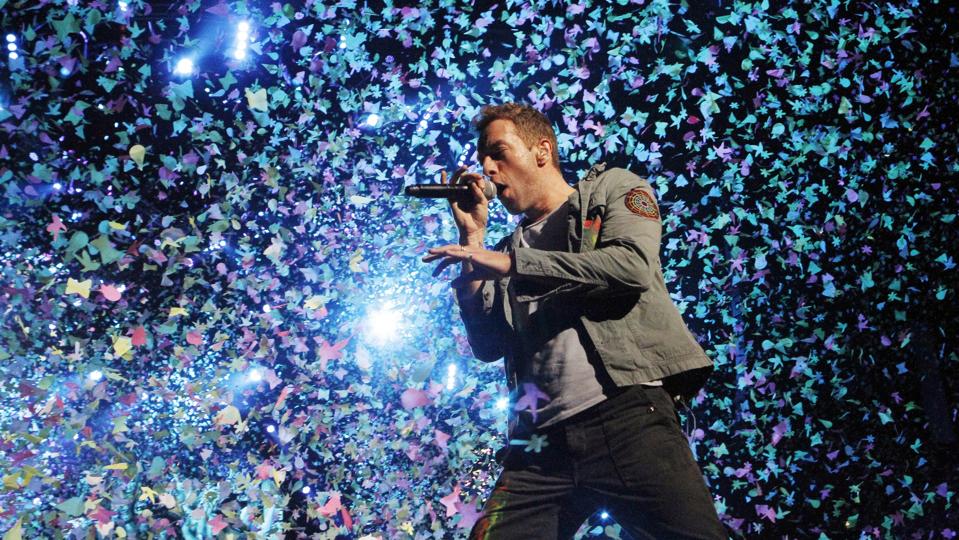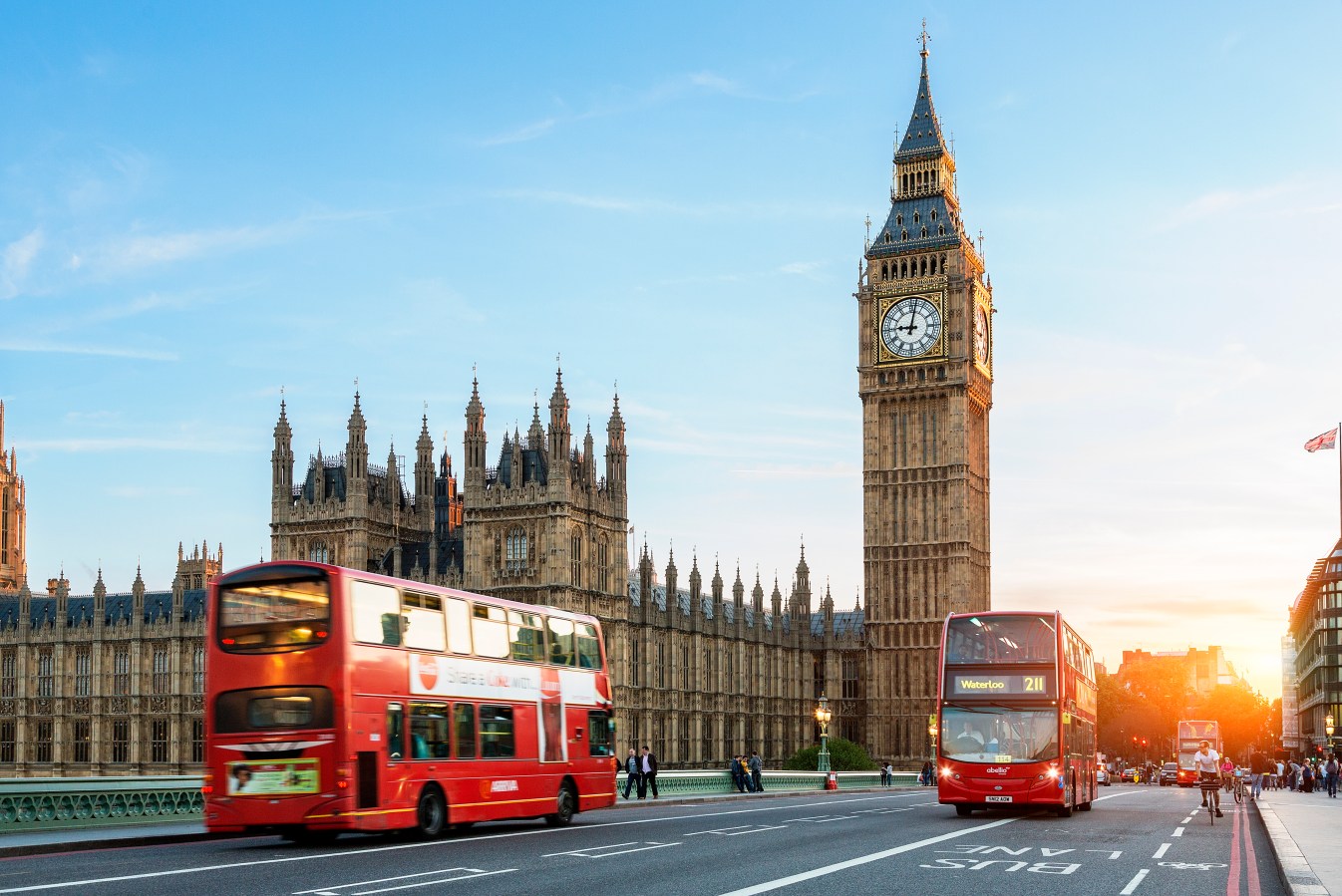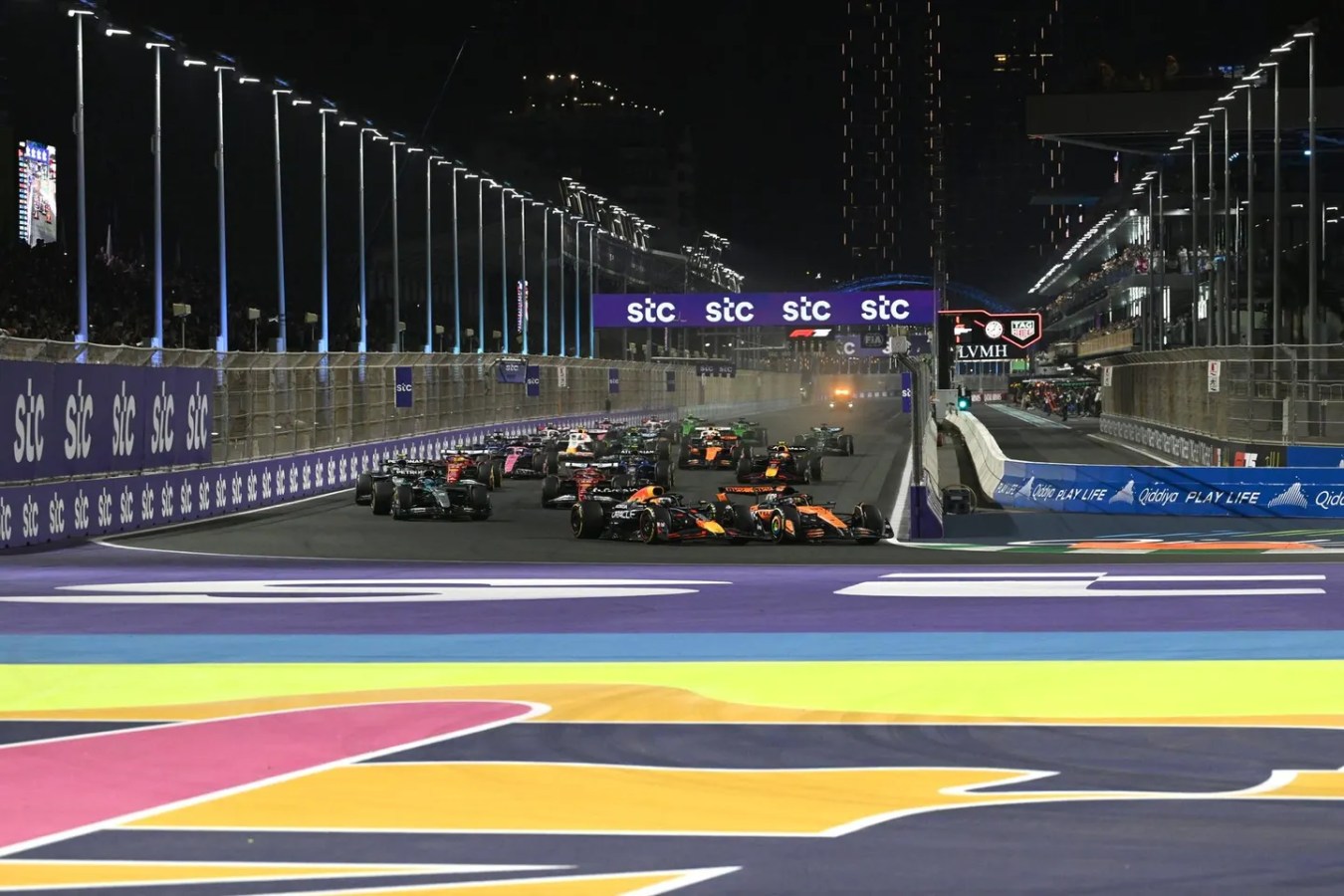Dave Holmes, Coldplay’s former manager, accused the British rock band of failing to pay him more than US$12 million (AUD$18 million) in commission for two albums, asking the U.K. High Court to make a declaration validating his contract with the band, according to Variety.

Key Takeaways
- Holmes accused Coldplay of walking back on a promised contract linked to the band’s eleventh album and unreleased tenth album that would have paid the former manager a commission, according to Variety, which cited a filing made within the U.K. High Court.
- The lawsuit asks the court to declare Holmes’ contract valid and to order payment of the outstanding commission—in addition to requesting “payment of a reasonable charge” for his services.
- The lawsuit details Holmes’ previous commission payouts, saying he was paid between 8% and 13% commission for Coldplay’s eighth and ninth albums.
- Holmes, who managed logistics, prepared budgets, arranged recording sessions and worked on the band’s tours, also accused the band of trying to demote him to head of touring, according to the filing.
- Representatives for Holmes were not immediately available for comment.
Crucial Quote
“Dave Holmes’ management contract with Coldplay expired at the end of 2022 at which point they decided not to start a new one,” a Coldplay representative told Forbes. “The matter is now in the hands of Coldplay’s lawyers and the claims are being vigorously disputed.”
What To Watch For
Legal letters made prior to the lawsuit claim Coldplay threatened to file a “significant counterclaim” in addition to any legal defense.
Key Background
Holmes and Coldplay split about a year ago after working together for more than 20 years, according to NME, though it is unclear what caused them to part ways. The lawsuit was reported by multiple outlets in August, when fewer details were known about the contractual dispute. In March, Coldplay netted $65.4 million from just 11 shows that were part of their Music of the Spheres Tour. The Head Full Of Dreams Tour, which saw the band tour from 2015 to 2017, grossed more than half a billion dollars through its five-continent run.
This article was first published on forbes.com and all figures are in USD.


